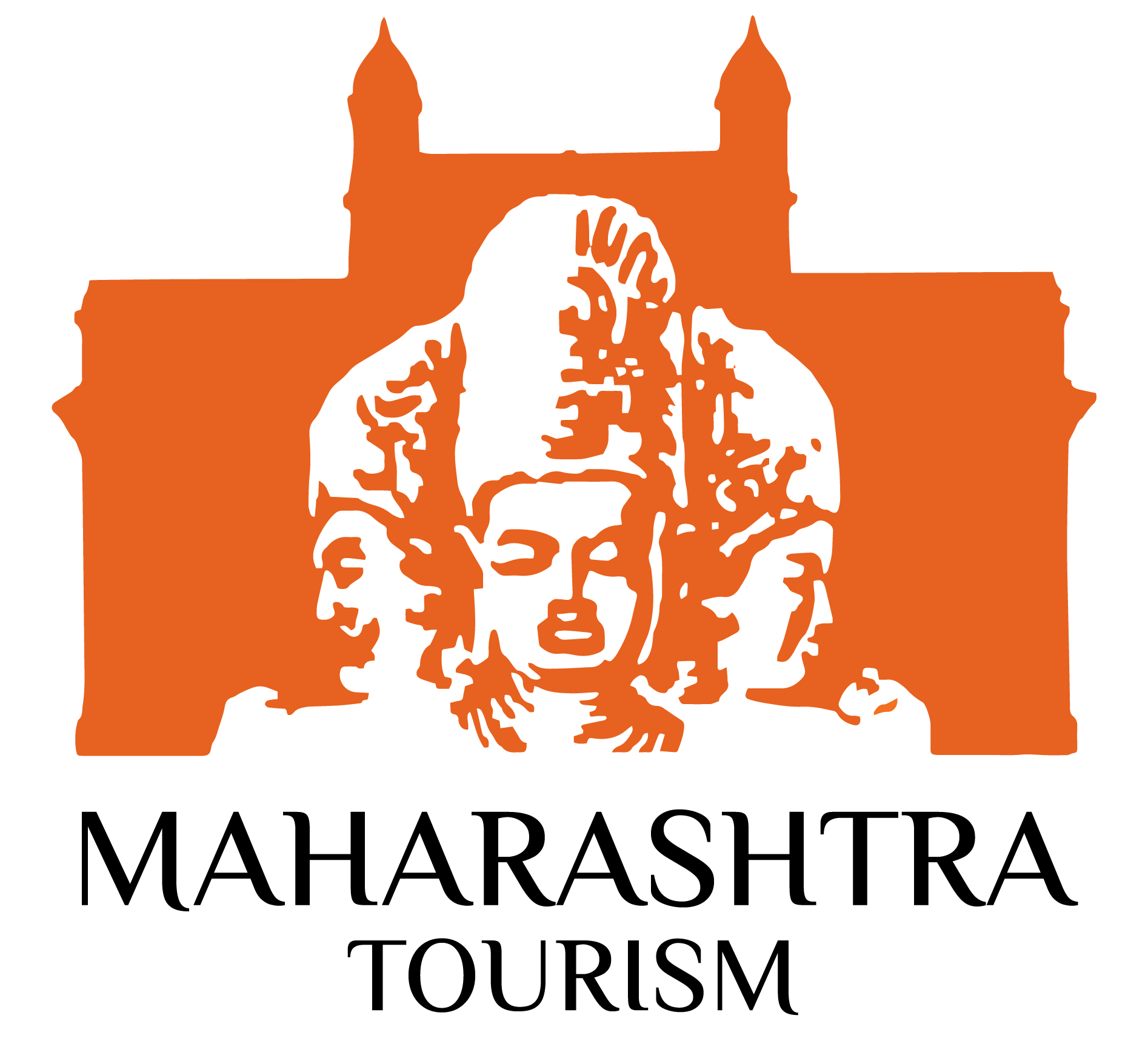Eid al-Fitr—commonly referred to as “Eid”—is an important Islamic festival that celebrates the end of Ramadan—the holy month of fasting. During Ramadan, Muslims must fast from dawn to sunset each day, meaning they can only eat in the morning and at night. Eid al-Fitr is the first time Muslims can eat during daylight hours after fasting for the entirety of Ramadan. That’s why it’s fitting that Eid al-Fitr means “the breaking of the fast” in Arabic.
On the first day of Eid al-Fitr, Muslims cleanse themselves and dress in new clothes before taking part in communal prayer at daybreak. After the prayer is finished, it’s time for the celebration that lasts three days. The festivities vary depending on the country, but they commonly include giving gifts, visiting with friends and family, donning new clothes, visiting the graves of relatives, and—after a month of fasting—feasting.
Eid is a time of celebration and happiness, so Muslims often wish each other well with traditional greetings. One common phrase you could hear often during Eid al-Fitr is “Eid Mubarak,” which means “Blessed Eid.” By saying this, Muslims are wishing one another good fortune and well-being.
The Eid celebration is also a time for Muslims to show their gratitude to Allah. This is especially important after they spent the last month reflecting and fasting during Ramadan. Muslims are called to show their gratitude for what they have and also help the less fortunate. This is known as “zakat”—one of the Five Pillars of Islam. Zakat is a requirement in Islam for individuals with the means to donate to the poor and less privileged. Zakat is a significant part of Ramadan, and the gratitude and giving continue on through the Eid al-Fitr celebration.
imilar to other parts of the celebration, food for Eid al-Fitr can vary between regions and countries. However, no matter where you’re celebrating, the feast is commonly started by eating a date, which signifies the end of the fast.
One of the most common items that you’ll also find at most Eid feasts is sheer khurma, which is warm, sweet vermicelli milk. This is a sweet treat that is delicious at any time of the day and is a staple during Eid meals.
Other foods that are common during Eid festivities around the world include biryani and other meat curries, kibbe, samosas, fattoush, haleem, and many other delectable dishes. This illustrates one of the best parts of Eid al-Fitr—there isn’t one specific way to celebrate.

